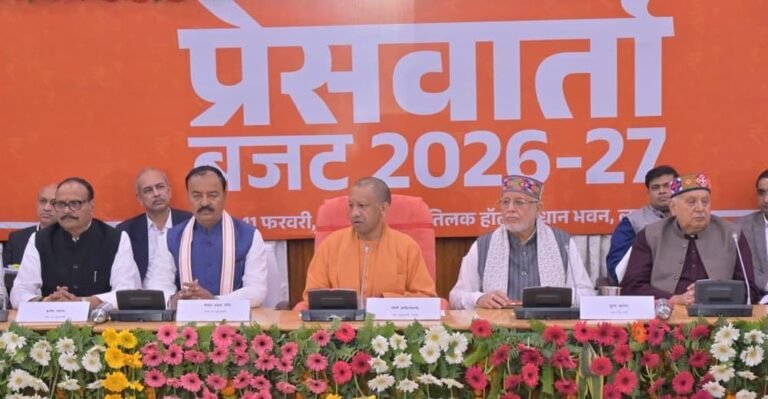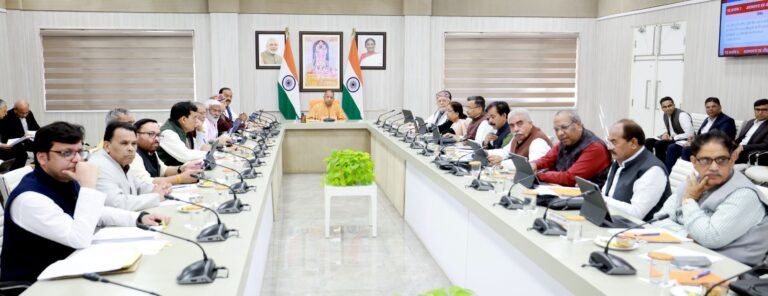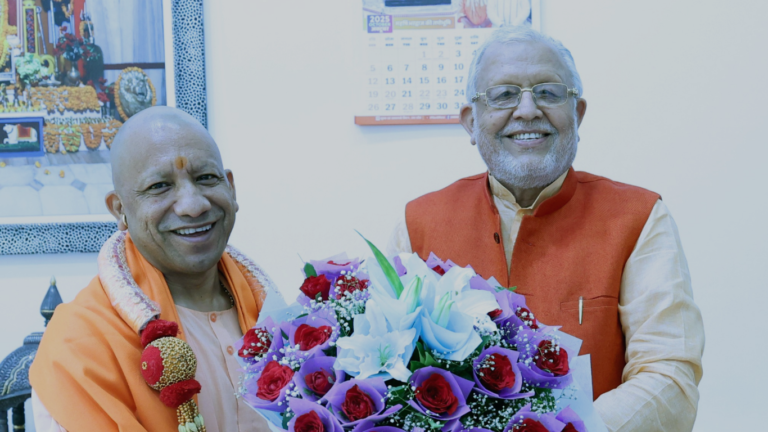
District Court Bulandshahr stands as the central pillar of the district’s legal system. Located near the collectorate area, this court plays a vital role in resolving legal disputes and delivering justice to the people of Bulandshahr and nearby towns. From civil cases to criminal matters, family disputes to land-related petitions, all are handled here under the supervision of experienced judges.
The court building is a mix of colonial and modern architecture, built to accommodate different judicial branches. It’s not just a place for lawyers and officials — common citizens visit regularly to file petitions, check case statuses, or attend hearings. People come from nearby tehsils like Khurja, Anoopshahr, and Sikandrabad for legal matters.
Functioning under the jurisdiction of the Allahabad High Court, this district court ensures that justice reaches even the smallest corner of the region. It follows proper legal procedure and upholds the law fairly for everyone — regardless of background.
Services and Court Structure
District Court Bulandshahr is divided into multiple sections based on case categories. These include Civil, Criminal, Family, and Motor Accident Claims Tribunals (MACT). Each court handles specific types of disputes. Civil courts deal with property and land-related issues, while criminal courts look after theft, assault, and other criminal offenses. The Family Court handles divorce, custody, and maintenance cases.
There’s a Chief Judicial Magistrate (CJM) who supervises the functioning of criminal courts. Similarly, the District Judge is the senior-most authority in the court, overseeing all operations. There are several Additional District Judges and Magistrates to help with the heavy case load.
Facilities at the court have improved over the years. Digital boards show case numbers and courtroom locations. A small canteen and legal aid cell operate on the premises. The e-Court initiative also helps citizens check their case status online, saving time and effort.
The Bar Association in Bulandshahr is quite active. Local lawyers are available to guide petitioners, draft legal documents, and represent clients during hearings. Legal awareness camps are also organized occasionally for rural people to understand their rights.
Case Filing and Public Access
Filing a case at District Court Bulandshahr is simple but must follow legal steps. Individuals can consult an advocate to prepare documents and submit them at the respective filing counters. Once the case is accepted, it is given a unique number and listed for hearing.
For those without access to legal knowledge, the court offers free legal aid through government-appointed lawyers. All proceedings are conducted in open courts, allowing transparency. Anyone can check the case hearing dates and judgment copies online using the official district court portal.
The court remains open from Monday to Saturday, with timings from 10 AM to 5 PM. There’s a regular lunch break, and courtrooms are generally more active during the early half of the day.
Conclusion: A Temple of Justice for the Common Man
District Court Bulandshahr is more than just a government office. It is a place where people place their faith for justice. Whether it’s a land dispute between neighbors or a serious crime, the court ensures everyone gets a fair chance to speak and be heard. It reflects the principles of democracy and rule of law at the ground level.
As the population grows and legal matters become more complex, the court continues to adapt through technology and better services. For the people of Bulandshahr, this court stands strong — protecting rights, resolving disputes, and upholding the values of justice.



